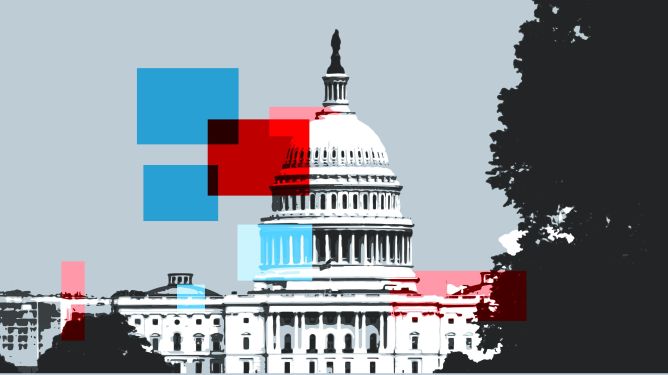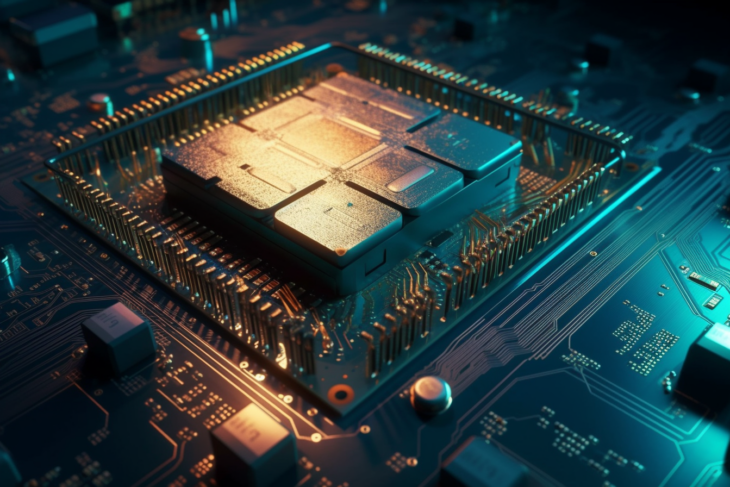
The House of Representatives has established a Task Force on artificial intelligence, aimed at ensuring America continues leading in this strategic area. However, the announcement feels more like a punt after years of indecision that show no sign of ending.
A Mixed Reaction to the Task Force
In one sense, this task force – chaired by California Reps Ted Lieu and Jay Obernolte – is a welcome sign of Congress doing something, anything, on an important topic that has become the darling of tech investment. However, in another more important way, it comes off as lip service at a time when many feel AI and tech are running circles around regulators and lawmakers.
The Partisan Divide and Its Implications
The dispiriting partisanship and obstruction on display every day in Congress render any notion that this task force would produce anything of value at any time, let alone during a historically divisive election year, quaint. The statement by Rep. Obernolte, "As new innovations in AI continue to emerge, Congress and our partners in federal government must keep up," rings hollow given the lack of concrete action.
The Role of Congress in Regulating AI
Rep. Lieu’s assertion that "AI has the capability of changing our lives as we know it" is undeniable. However, ensuring AI benefits society instead of harming us will not be an easy or quick task, and Congress must play a crucial role in shaping its future. Despite Rep. Lieu’s optimism about bipartisan agreement, the White House, numerous agencies, the EU, and countless other authorities have already issued comprehensive reports and recommended legislative actions.
A Symbolic Gesture Rather Than Substantive Action
The announcement of the task force seems to be a realization by Congress that it was the last substantive entity to act on this industry-reshaping force. Representatives reached across the aisle to pat each other on the back for taking the smallest possible step toward future legislation.
Kicking the Can Down the Road?
However, with Congress dysfunctional and all eyes on the 2024 presidential election, this task force is just a way of kicking the can down the road until they know what they can get away with under the coming administration. Studying AI and its risks and benefits is not a bad thing – but it’s a little late in the day to be announcing it.
A Skeptical View
The task force is long overdue, and as such, we may welcome it but also treat it with the same skepticism that lawmaker pandering deserves. Everyone involved will point to it when asked why they haven’t acted on AI, which many voters fear is coming for their jobs or automating processes that once had a purposeful human touch.
A Delayed Response
The announcement of the task force kept expectations low with no timeline or deliverables that voters or watchdogs can hold them to. Even the report they seek to produce has no concrete goals or timelines, which only adds to the skepticism surrounding this effort.
Regulatory Uncertainty Ahead
Furthermore, considering expert agencies are at risk of declawing via Supreme Court decision, it is hard to even imagine what a regulatory structure would look like a year from now. Want the FTC, FCC, SEC, EPA or anyone else to help out? They may be judicially restrained from doing so come 2025.
A Lack of Urgency
Perhaps this task force is Congress’s admission that during such tumultuous times and lacking any real urgency, they are simply paying lip service to the issue rather than taking concrete action.














